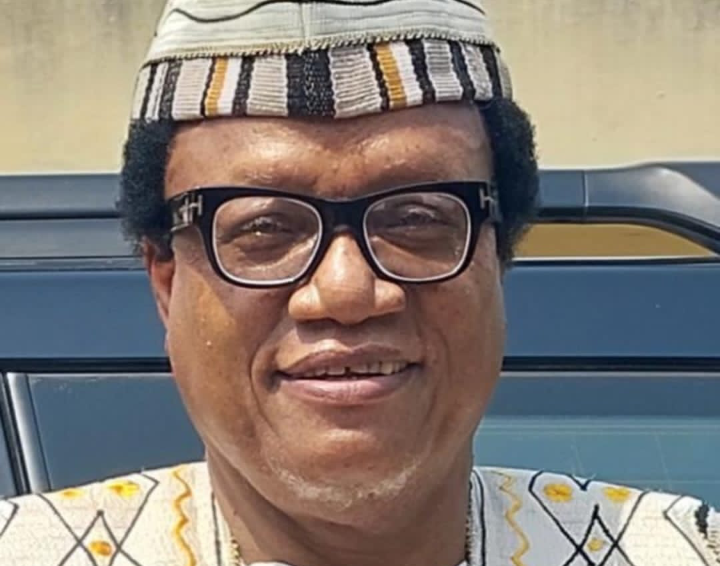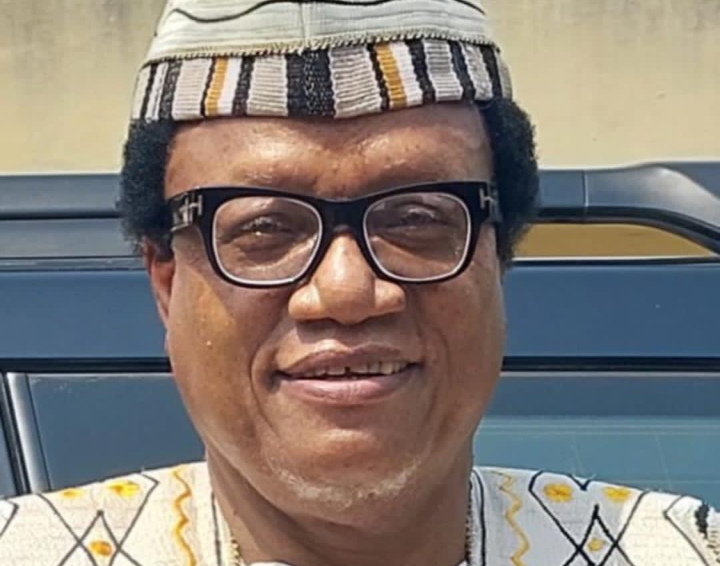One of the much vaunted and supposedly sacrosanct features of democracy according to America, is the power of the people and the inviolability of the ballot box in choosing who leads the country. Added to this is a smooth transition of power from one administration to another even where there is a ‘hostile takeover’, that is, when the Democrats defeat the Republican party candidate or vice versa! So, it was so much out of character when President Donald Trump attempted to truncate a smooth transition when he lost in 2020, unleashing one of the most disturbing and blistering physical attacks on the symbol of government – the Capitol. Four years later, upon returning to the White House, he has pardoned all the violent demonstrators, including those were found guilty of attacking police officers.
In simple terms, the Donald Trump of January 6 2021 punctured our idealistic notions of the sanctity of American voting system by insisting that the elections were rigged against him. Rigging in America? In the 21st Century? In the bastion of democracy? Is it possible for the entire system to be rigged as we experience in Nigeria to produce a foreknown result? How Donald Trump and his accomplices reacted after Biden was declared winner was a study in a coup attempt and a subversion of the Constitution of America. Trump ought to be an African politician! It showed something though: not even America is immune to the pitfalls of democracy. Before that day we had though that the events of January 6 could only happen in Africa or Latin America. And to think that arch rival to America in global politics, Russia, is also singing the song of Donald Trump being rigged out of the race!
Of course, America has come a long way in trying to establish the principles and practice of democracy, having gone through years of turbulence in the 18th and 19th centuries. To be sure, we are aware of the 1996 Larry Sabato and Glenn Simpson book Dirty Little Secrets: The Persistence of Corruption in American Politics in which the authors stated that Democrats ‘featured prominently in almost all of the instances of fraud in the 19th and 20th century, although Republicans were also fully capable of fraud when circumstances permit. Wikipedia says that ‘Electoral fraud was prevalent in the US during the 19th century when safeguards against fraud and electioneering were considerably weaker, and political machines wielded significantly more power…voter fraud was so common that it developed its own vocabulary. ‘Colonizers’ were groups of bought voters who moved en masse between wards! This could have been a description of electioneering in Nigeria in the 21st century. American has since gone beyond this stage!
President Trump’s re-election and subsequent events like pardoning all those felons who tried to stop the process by attacking the Capitol have contribute, in my view, to the unravelling of America. Rather than making America great, the second coming of Trump shows a great decline in the moral strength of the shinning light or City-set-on-a-hill America. Which is sad. Watching from the sidelines we are puzzled that the legal/judicial system waited for Trump to win or lose the election before taking action. Can this be extended to ordinary citizens? The subtext is that a man who is popular in politics should not go to jail, even if he committed a criminal act. Some justice! Some democracy!
A felon now sits in the White House as President of America! Picture this and dwell on the implication of such an anomaly on the very basis of the United States. Political crooks and demagogues around the world now have a godfather and model in America. It would seem that the people do not care about the law or the power of the jury system. It would seem that justice is seen from the point of view of the majority. How else can we interpret the laid-back position of the judges in handling the palpably criminal offences of Donald Trump as proved in the court system? This is really American wonder!
Also unraveled is the partisan nature of the American media. It is now clear that those ideas of independence and freedoms which they have propounded in mass media studies are hogwash. The judiciary is not independent. While Donald Trump and Kamala Harris were jostling for the American presidency late last year, the dominant narrative from cable television was that the race was a tight one. There were projections of a fifty/fifty outcome. Some even attributed victory to Kamala Harris. CNN turned out to be blatantly partisan. Fox News has remained foxy.
But on 5th November, the American people spoke. They spoke in clear terms. They were tired with the Democrats, and perhaps the way Kamala Harris emerged as the flagbearer. Also, the Supreme Court of America cannot be looked up to for justice because justice is based on perspective – the perspective of the conservatives and the perspective of liberals. Facts are skewed in the direction of the majority. The politicization of the judicial system is not a sign of greatness.
It is in messianic terms that some ardent supporters of Donald Trump view his second coming to the White House. This is made more poignant by the near martyrdom which he went through twice in the course of the campaigns. God must have a reason for saving his life. He must cleanse America of the prurient filth unleashed by the ungodly and immoral Democrats. A House member has introduced a bill that will make it possible for Trump to run a third term! I thought this was possible only in Africa! This is dangerous for a man who had declared that he would like to govern as a dictator. Little wonder Democrats campaigned with the theme of Donald Trump is a threat to democracy. Obviously, voters did not buy that narrative. But the threat is there.
Some of his pronouncements have resonated with the Christian community. For the next four years all the nonsense going on about transgender will take a backseat in American society. It is ridiculous to expend state funds on persons who want a sex change, even for kids who are not allowed to vote or take alcohol. Evangelicals see this as a devilish anti-God agenda. His anti-immigrants’ rhetorics are palpably racist. But the cheerleaders are egging him on because it was a campaign promise. On the world stage, Israel has agreed to negotiate. There is a ceasefire to honour Trump, embarrass Biden. By the way, how would it have sounded if President Biden and Vice President Kamala Harris boycotted the handover ceremony as Trump did in 2021?
President Donald Trump sits in the White House. He is no messiah. He is a businessman, a hardcore capitalist who has visions of a great America for the rich. He has won the election. Can he win in governance? The next four years will tell. So, Trump is on trial. When he is done with attacking his predecessor, the people – friends and foe -, the world would begin to judge how much impact he has made in making America great again. Time will tell!

